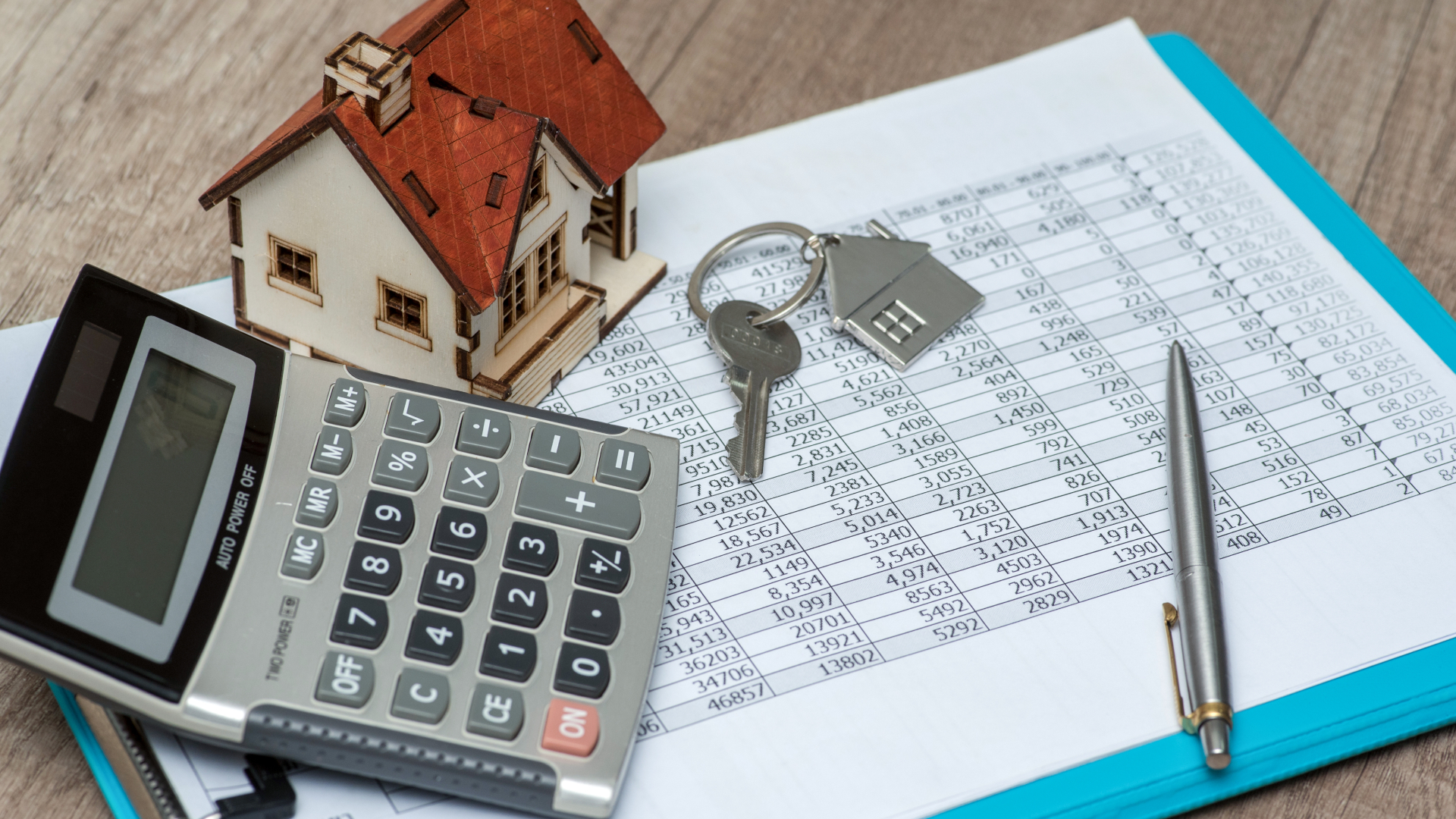Rent prices have risen, again - and this is particularly bleak if you live in London
It's not good news for renters as the average weekly rent has increased across the UK,.


Rent prices have risen - again. This is particularly bad news for those who live in London, which has seen the sharpest increase in rental fees over the last three months.
As society continues to try and navigate the cost-of-living crisis, with food and energy prices rising, the housing market in flux, and many taking on extra part-time work just to make ends meet, it's bleak news that rent prices have been hiked up yet again - and may continue to rise.
The average rent for a property outside London is now £1,162 per calendar month - a rise of 3% in the last three months, according to research from Rightmove. In Greater London, the average rent has now risen to £2,343 per calendar month, with Inner London seeing the biggest increase - a huge 26.1% up year-on-year.
As Aneisha Beveridge, Head of Research at Hamptons explains, "Rising rents continue to be led by London, where rents rose 11.3% year-on-year across the capital and 26.1% in Inner London."
This news comes despite campaign groups urging the government to put a cap on rent as landlords hike up prices, in order to try and protect renters from hugely-inflated prices.
While house prices might be falling, property rental prices in the UK have been increasing rapidly over the last year. According to previous data from SpareRoom, the average monthly room rent in London rose by 15% in the second quarter of this year compared to 2021. While in Sunderland in the north, there was a 21% increase and 20% in Belfast, while Cardiff saw an 18% increase.
And, as much as we hate to be the bearer of bad financial news, it doesn't look like things are getting any easier, at least in the short term, with more rent hikes expected to take place next year.
Celebrity news, beauty, fashion advice, and fascinating features, delivered straight to your inbox!
"Things may calm down over the Christmas period, but expect rent increases next spring and summer," Nathan Khider, founder of Nathan K. Real Estate in London, told us.

So why is this happening - and why is the situation particularly dire in London? “Rent prices are going up because landlord costs - particularly interest costs are increasing," David Hannah, Group Chairman of property tax advisors, Cornerstone Tax. "However, this is not the whole picture, as there is still a chronic undersupply of housing in the UK in the locations where people want to live. For example, rent rises in London post-pandemic have been as much driven by a lack of available properties as they have been by inflationary pressure."
Khider agrees, adding, "Lack of supply and high demand is driving rent prices to increase. There are fewer rental properties on the market because the government is making it undesirable to become a landlord."

While landlords have come under fire over increasing rent prices to gain more profit, Landlord groups have hit back, claiming that it's not as simple as that. Chris Norris, policy director at the National Residential Landlords Association, told Sky News, "I wish it was as simple as landlords getting greedy and them wanting to make a bit more profit. Actually, we're seeing the opposite.
“We're seeing our members' yields - their return on investment - go down, because it's that much more expensive to buy a property, it's that much more expensive to run a business, so actually where we are seeing the increases, it's to cover things like increased tax, utility bills, cost of management, it's not because they're protecting the margin."
Many of us have been left feeling powerless as rent and bills continue to rise and unfortunately, there's not much that can be done, according to David Hannah. But there are ways to make the price hikes more manageable, he explains.
"Existing tenants have little scope to challenge rent increases," Hannah tells us. “In most cases, tenants will be able to agree on a rent increase with their landlord by negotiation and generally this is the best route to follow.
"Most landlords are fully aware how their tenants, like all of his, have been affected by the cost-of-living increases and they are likely to be open to a discussion about finding an acceptable level of rent for both parties."

Lauren is the former Deputy Digital Editor at woman&home and became a journalist mainly because she enjoys being nosy. With a background in features journalism, Lauren has bylines in publications such as Marie Claire UK, Red Magazine, House of Coco, women&home, GoodTo, Woman's Own and Woman magazine.